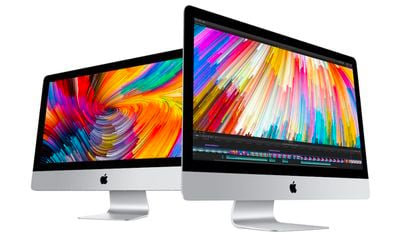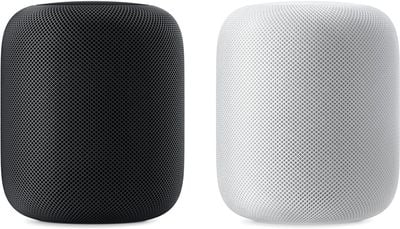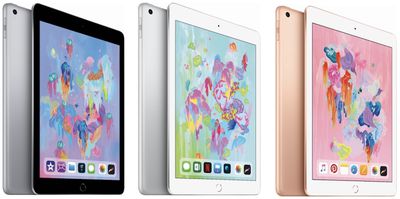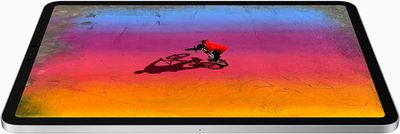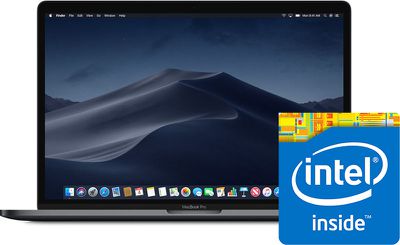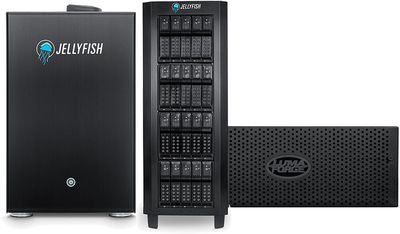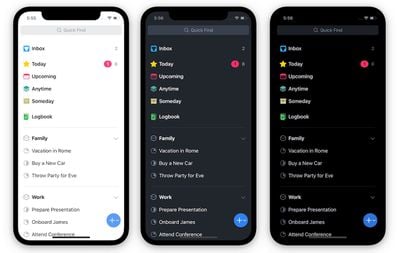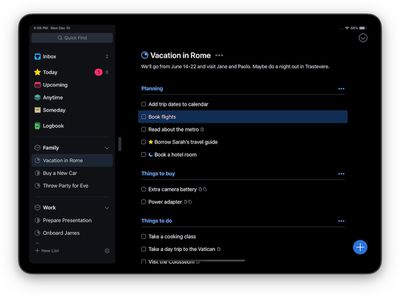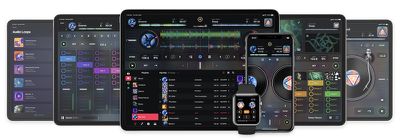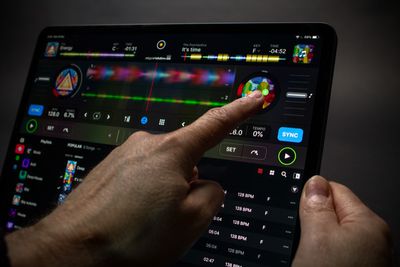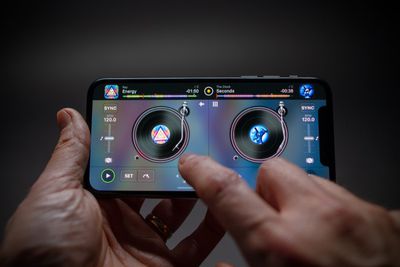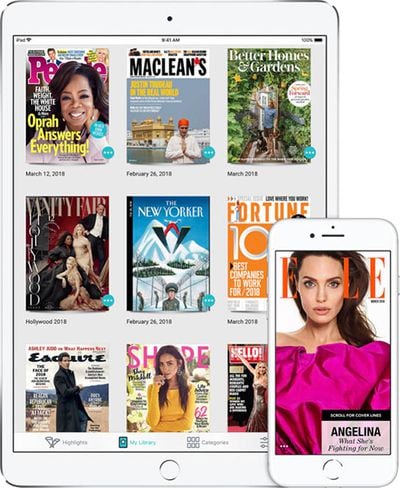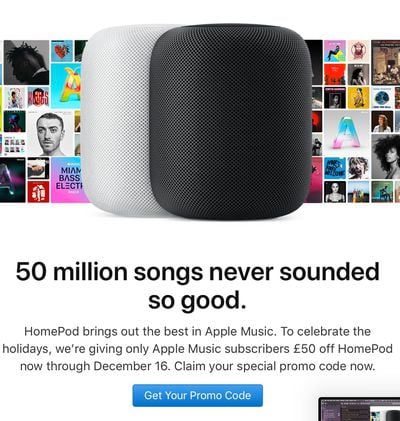While it is a common belief that iPhones have become thinner and thinner over the years, when Apple could be keeping them the same size and including larger and longer-lasting batteries, the opposite is true in reality.
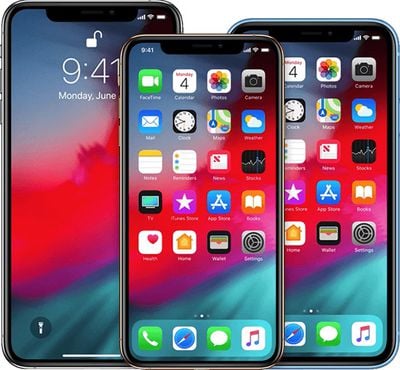
As mentioned on Reddit, iPhones have gradually become thicker since 2014, capped off by the iPhone XR, the thickest model since the iPhone 4s in 2011:
- iPhone 6 and iPhone 6 Plus: 6.9mm and 7.1mm
- iPhone 6s and iPhone 6s Plus: 7.1mm and 7.3mm
- iPhone 7 and iPhone 7 Plus: 7.1mm and 7.3mm
- iPhone 8 and iPhone 8 Plus: 7.3mm and 7.5mm
- iPhone X: 7.7mm
- iPhone XS and iPhone XS Max: 7.7mm
- iPhone XR: 8.3mm
The trend may come to an end next year, however, as Korean website ETNews [Translated] reports that 2019 iPhones could be thinner and lighter due to Apple adopting Samsung-designed OLED display tech called Y-OCTA, which integrates the typically-separate touch-screen layer into the display panel itself.
There's a good chance the reduction in thickness could be negligible, however, as the display panel is already a very thin component. The bigger advantage for Apple may be reduced costs, as the report claims that the Y-OCTA displays are less expensive to manufacture, lowering the iPhone's bill of materials.
Last week, tech analyst Anne Lee of Japanese research firm Nomura said 2019 iPhones will "likely have the same form factors" as the iPhone XS, iPhone XS Max, and iPhone XR, including body size and displays. Apple analyst Ming-Chi Kuo expects iPhone screen sizes to remain 5.8-inches, 6.1-inches, and 6.5-inches in 2019.
Beyond that, rumors suggest at least one 2019 iPhone will have a triple-lens rear-facing camera, while all three new models are expected to feature enhanced Face ID. And in June, the notorious DigiTimes made the bold prediction that 2019 iPhones will feature USB-C like the 2018 iPad Pro.


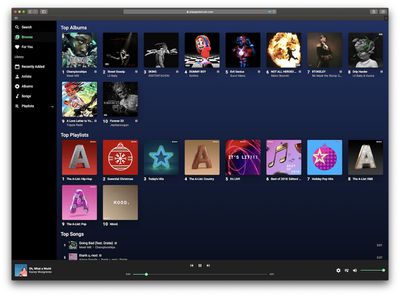
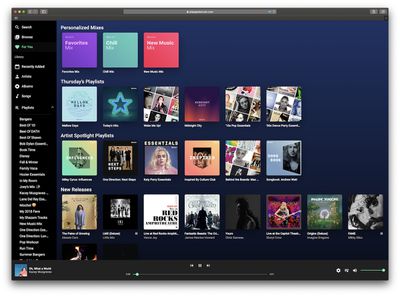
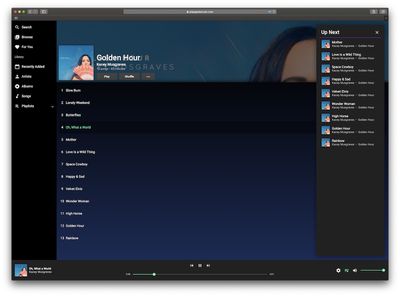

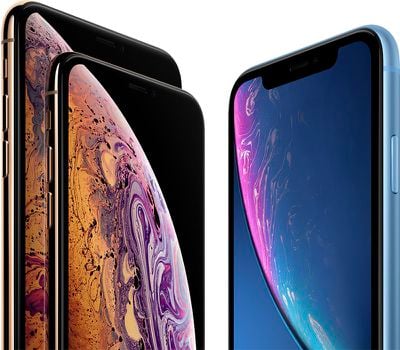
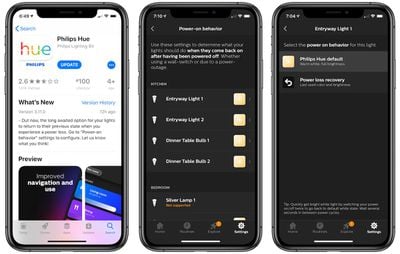
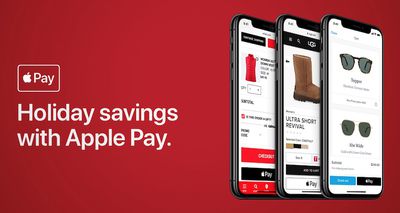
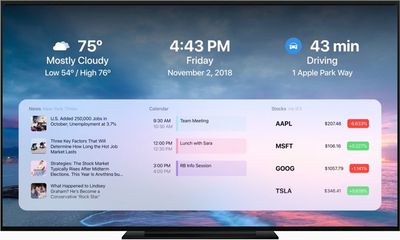
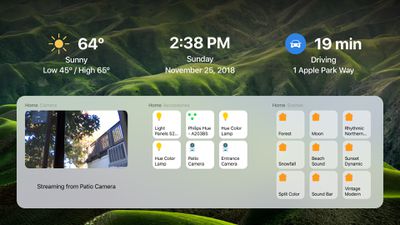

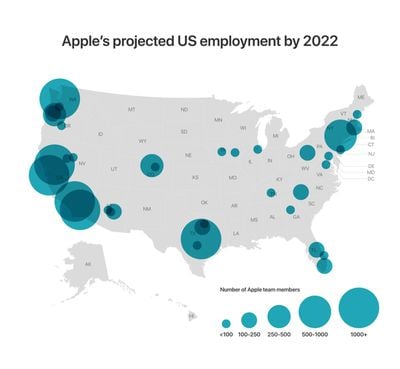
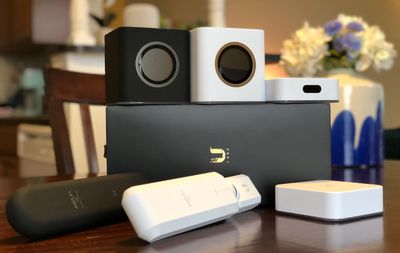
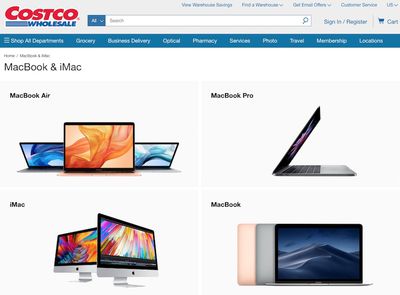
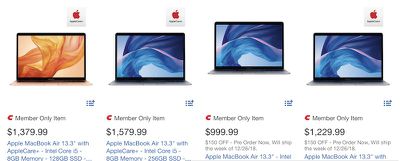
 Note: MacRumors is an affiliate partner with B&H Photo. When you click a link and make a purchase, we may receive a small payment, which helps us keep the site running.
Note: MacRumors is an affiliate partner with B&H Photo. When you click a link and make a purchase, we may receive a small payment, which helps us keep the site running.